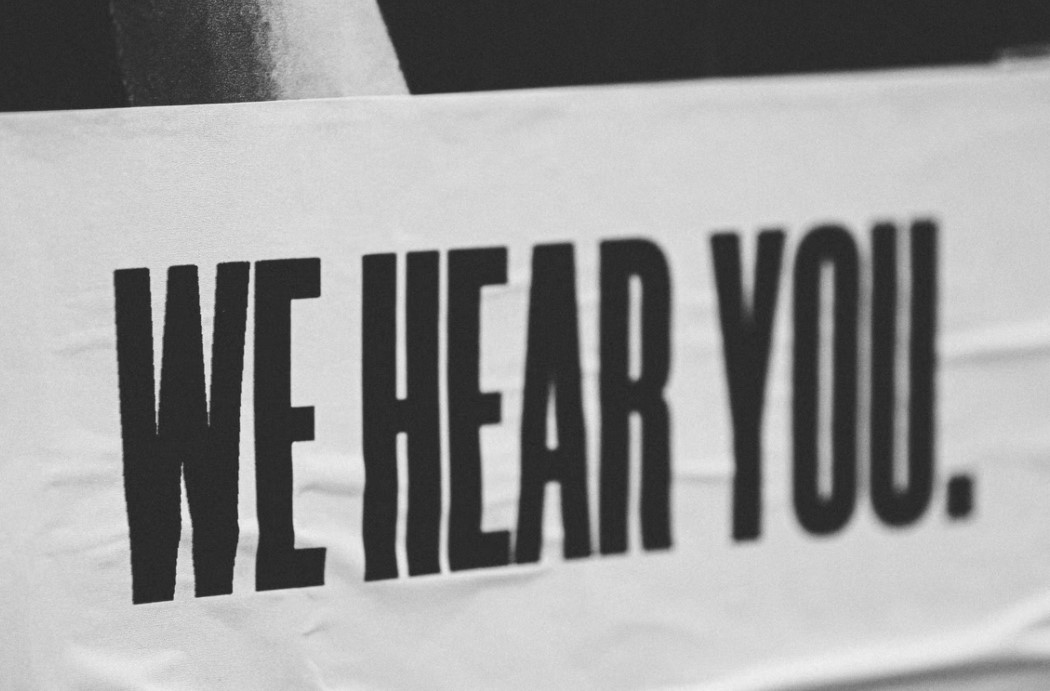Similarly as heroin addiction is considered the most severe drug addiction, gambling is considered the most severe behavioral addiction.
Pathological gambling is considered the most severe form of non-chemical dependence.
In most cases this type of addiction begins in adolescent period and young adult age. Pathological gambling occurs more frequently in men than women. It’s more typical of male than female gamblers to be more socially isolated. Male gamblers are also more prone to seeking help than females.
Similar to dependence from psychoactive substances, problem gambling is a chronic, relapsing disease with a possibility of full recovery without formal treatment.
Am I addicted to gambling?
Problem gambling influences the gambler‘s lifestyle. Like other addicts, gamblers spend most of their time thinking about gambling. Same as other addicts, gamblers spend most of their time thinking about gambling, planning it, executing it and recovering from the side effects.
A gambler is not able to stop thinking about gambling, and this preoccupation is of obsessive character.
Some of the indicators of pathological gambling are:
- preoccupation with gambling,
- the need to gamble with larger stakes to achieve the same effect,
- unsuccessful attempts to stop gambling, loss of control,
- failure to decrease the frequency of gambling,
- anxiety and restlessness when attempting to reduce the frequency of gambling,
- using gambling as an escape from problems and bad mood,
- recurrent gambling to “regain debts”,
- lying and deceiving friends and family,
- resorting to crime,
- destroying relationships due to gambling,
- depending on other people to help you out from a desperate financial situation.
Same as other behavioral addictions, gambling creates a sense of desire before initiating the activity. Much alike the one that an addict experiences before taking drugs.
This kind of desire is different by intensity and type from any other. By type it is closer to an urge, but by intensity it is much stronger.
This desire is essential to fulfill. “I have to do it now, without a delay, at any cost. I don’t want to think about the consequences. I will deal with them later.”
The effect gambling has on a gambler is the same as the one drugs has on a drug addict.
Engaging in the activity leads to a state of euphoria, improving one’s mood.
Most common types of gambling are:
- games of chance
- sport betting
- playing cards
- slot machines
- roulette
- internet betting
- other types of betting
Consequences of problem gambling
Problem gambling, as all other addictions, affects the life of an individual and their whole family.
These activities take up a lot of energy and time and the addict is likely to reduce contact with other people. Like being addicted to every other psychoactive substance, this kind of addiction is also detrimental to the individual. It causes financial and marital problems, decreased level of affection and trust in the family, neglect of professional and other responsibilities, involvement in illegal activities.
Large percentage of gamblers has serious problems with alcohol and drugs (60%) and often they also suffer from depression (75%). Gambling is also connected to more serious health issues like heart problems and liver disease. Addictions like gambling can even lead to life threatening events. A research has shown that 48% of gamblers attempted suicide at some point. The number of successful attempts should be also taken into account.
Serious psychological and physical problems that gamblers have affect 8-10 other people in their immediate surroundings.
Much alike alcoholics, gamblers also hide real reasons for their health, psychological and social problems.
References:
Đukanović B., Knežević Tasić J., “Bihevioralne zavisnosti u Srbiji” (Behavioral addiction in Serbia), Izdavačka knjižernica Zorana Stojanovića, Sremski Karlovci, 2015.
For more information or if you think that you or your loved one is in need of help, contact us by mail help@lorijen.center or call (mobile, WhatsApp or Viber): +(381) 69 30 88 090







